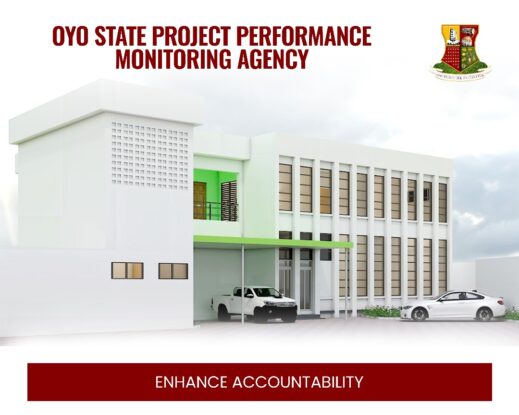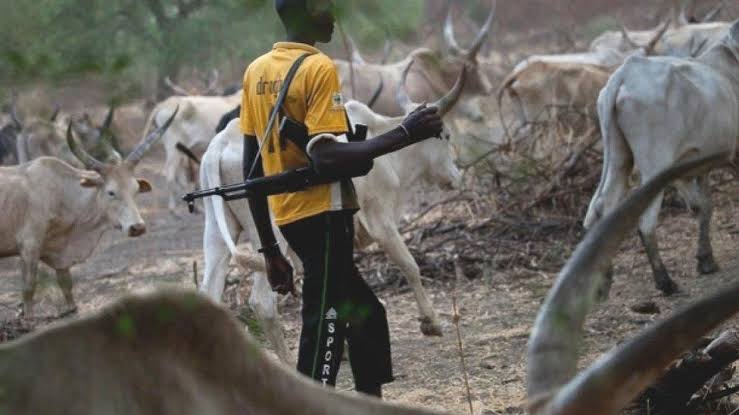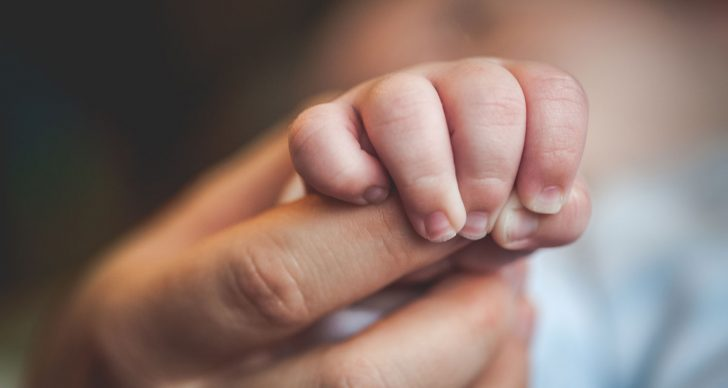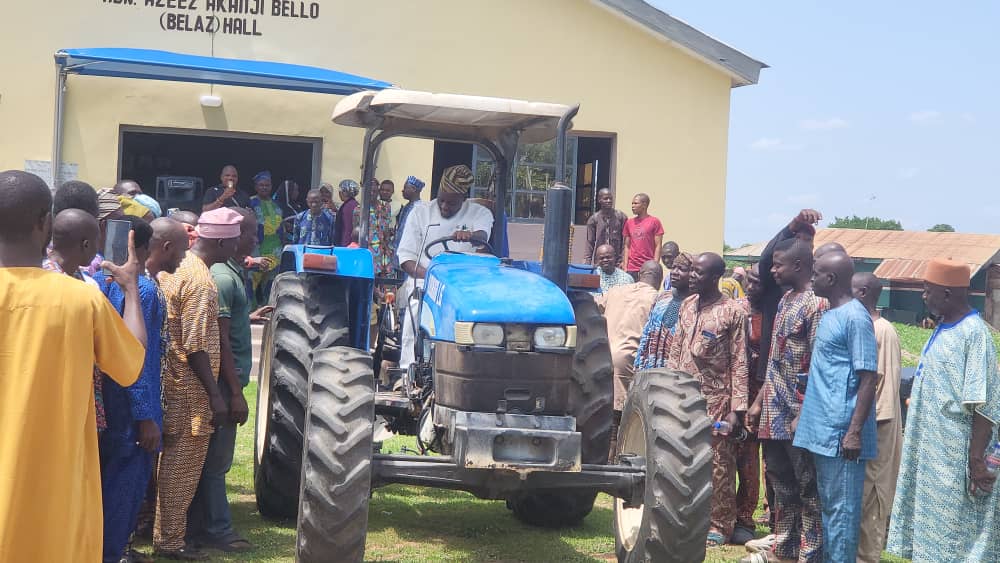FG Engages Japan For $110 Million Food Security Loan
The Federal Government has deepened its engagement with the Japan International Cooperation Agency (JICA) to advance the implementation of a ¥15 billion (approximately $110 million) emergency loan facility aimed at strengthening Nigeria’s food security.
This was disclosed in a statement by the Federal Ministry of Finance and Coordinating Ministry of the Economy on Wednesday following a strategic meeting involving the Minister of Finance, Mr. Wale Edun, the Honourable Minister of Agriculture and Food Security, Senator Abubakar Kyari, and senior JICA officials.
According to the ministry, “The Honourable Minister of Finance and Coordinating Minister of the Economy, Mr. Wale Edun, and the Honourable Minister of Agriculture and Food Security, Senator Abubakar Kyari, today met with senior representatives of the Japan International Cooperation Agency (JICA) to advance the implementation of the Food Security Emergency Loan Support Programme.”
“A Loan for Boosting Food Production and Resilience.”
The loan, targeted at enhancing food production systems and increasing resilience across Nigeria, comes at a time when global supply chain disruptions and inflationary pressures continue to strain the nation’s agricultural sector.
“The JPY 15 billion facility (approximately $110 million) aims to support Nigeria’s food production systems and enhance resilience amid ongoing global supply challenges,” the ministry stated.
With the 2025 rainy season already underway, the ministers stressed the urgency of executing core components of the programme to ensure timely support for farmers and rural communities.
“Both Ministers emphasised the importance of swift, coordinated action to maximise impact for farmers and rural communities,” the statement read.
“JICA Seeks Formal Clarification.”
JICA, in its response, reaffirmed its commitment to the partnership but requested formal clarification on proposed implementation changes.
It was agreed that immediate production activities would continue as planned, while other components, such as aggregation and financing, would be reviewed against the terms of the original agreement.
“JICA welcomed the government’s commitment to delivery and requested formal clarification on proposed implementation adjustments. It was jointly agreed that core production activities would proceed immediately under the existing framework, while additional components, such as aggregation and financing, would be reviewed in line with the original loan agreement,” the ministry added.
The programme forms part of Nigeria’s broader strategy to address food insecurity, improve agricultural productivity, and stabilise the economy through sustainable partnerships.
President Bola Tinubu has written to the Senate seeking approval for a fresh external borrowing plan totalling about $21.5 billion under Nigeria’s 2025–2026 borrowing programme.
In addition to the multi-billion-dollar request, the President is also seeking the legislature’s approval for a loan of 15 billion Japanese Yen and a €51 million grant to support key development priorities.
According to the letter submitted to the National Assembly, Tinubu explained that the new facilities are intended to generate employment, promote skill acquisition, foster entrepreneurship, reduce poverty, and enhance food security. The president’s loan request comes at a time of rising concerns over Nigeria’s growing debt profile.
Most recent figures from Debt Management Office (DMO) show that as of December 2024, Nigeria owes the Japan International Cooperation Agency (JICA) $53.31 million, representing 0.88% of Nigeria’s total bilateral debt and 0.12% of the country’s overall external debt stock. If approved, the new food security loan will likely push Nigeria’s debt to Japan to $163.31 million.























